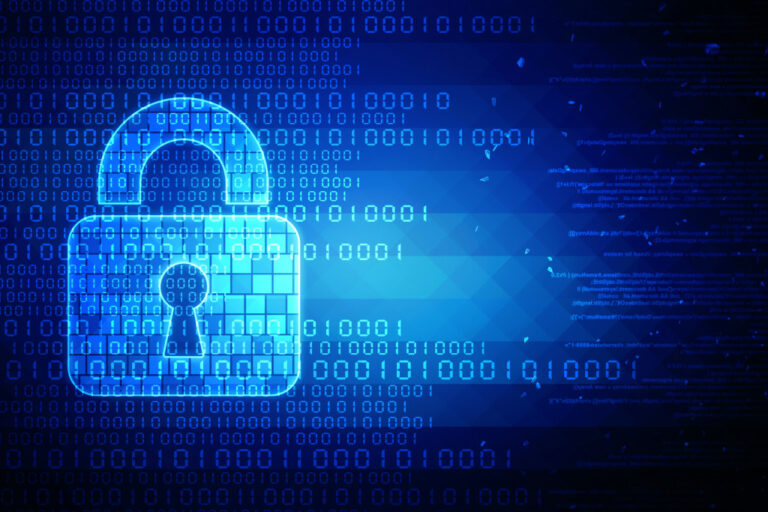The pandemic compelled many businesses to go online so that they can connect with their customers. With many of these businesses are new to the e-commerce industry, they became targets of cybercriminals who remained active even during the health crisis. An International Criminal Police Organization (INTERPOL) showed that cybercrime increased during the pandemic.
Even though cybercriminals shifted their focus to governments and large corporations, small businesses should remain vigilant of their network and protect it from any cyberattacks. Here are the ways these businesses can ward off any of these attacks.
Secure the Data
Securing the data is one of the first things that businesses should do to protect themselves from cybercriminals. Securing the data means ensuring that the business creates a backup if a cyber incident deletes the data on the main server. The business should make sure to perform this regularly, especially when it comes to important files.
Businesses should back up data daily on cloud storage or a portable device. They should also back up the server on a weekly, quarterly, and annual basis. Additionally, businesses should check and test their backups regularly to make sure they can restore them if necessary. Another good practice is to store the portable devices containing the backup information offsite. This ensures that the data remains safe if a fire breaks out in the office or someone robs the office.
Encrypt Sensitive Data
Aside from protecting the server and backing up data, the business should also encrypt sensitive data. Encrypting data means converting it into code before storing it or sending it online. Encryption reduces the risk of tampering or theft of the data. Even if cybercriminals get their hands on the data, they cannot read it without the decryption key. This means only people who are authorised to access the data can see it without encryption. Installing a VPN or virtual private network on a mobile device also protects data that employees will access through a public network.

Protect the Network and Devices
Businesses should also ensure all the software they are using is updated to protect their network and devices from unauthorised use. Setting the security software and operating system to update automatically is a good idea. These updates can contain security upgrades to protect businesses from viruses and other cyber threats. They can also allow the updates to start after business hours to avoid affecting the business’s operations.
Installing security software is also essential to protect the devices from viruses. The software should contain anti-virus, anti-spam, and anti-spyware filters. These features increase the security of the network and the devices of businesses.
The business should also use authentication technology to limit access to its server. This prevents any unauthorised access to the server. If the business uses an SQL server, it should also work with a company providing SQL server database support services. These companies can provide remote DBA (database administrator) services to ensure the protection of the SQL servers of the business.
Setting up a firewall on the network of businesses also keeps viruses and malware at bay. A firewall monitors and filters all traffic into and out of the network of businesses. It allows entry to safe incoming traffic while blocking dangerous incoming traffic. Aside from the internal network, businesses can also install firewalls on their portable devices.
Activating spam filters allows the business to prevent the entry of phishing emails that allow cybercriminals to access the business network. It also stops spam emails, which can affect the productivity of employees. Phishing and spam emails may contain malware that can infect the network. To prevent this from happening, a spam filter can stop these emails from going into the employees’ inboxes.
Develop and Implement Protocols
Businesses should also create and implement protocols to protect the business. These protocols are essential to guide employees when they encounter something on their email. It also lets them understand their responsibilities in ensuring the safety of the network of the business.
These protocols should also include the things that the employees can and cannot do while using the business network. This is particularly true when they are handling sensitive data. It also increases awareness among the employees about the risk of opening spam emails in case they get through the spam filter of the business.
The security protocols also guide employees on the proper use of computers and mobile devices owned by the business. Additionally, they also ensure the employees do not visit websites that may contain malware and infect the network of the business.
Protecting the business from cyberattacks is essential for the business to thrive and continue operating in the middle of a pandemic.




